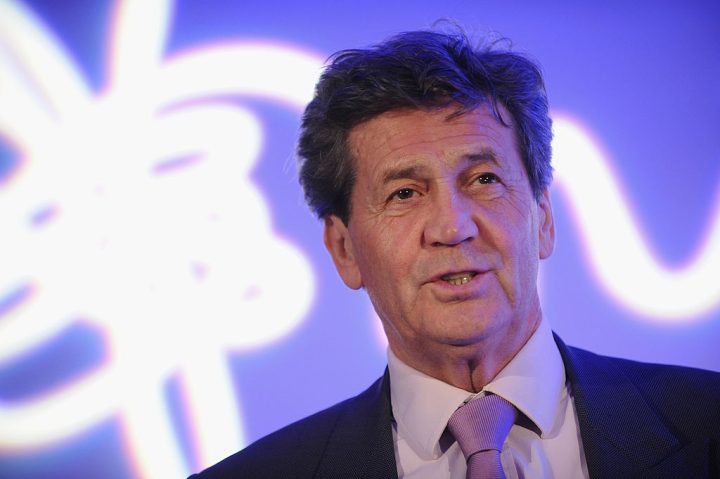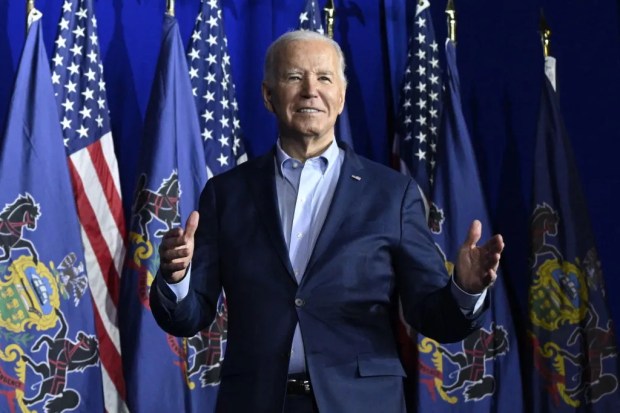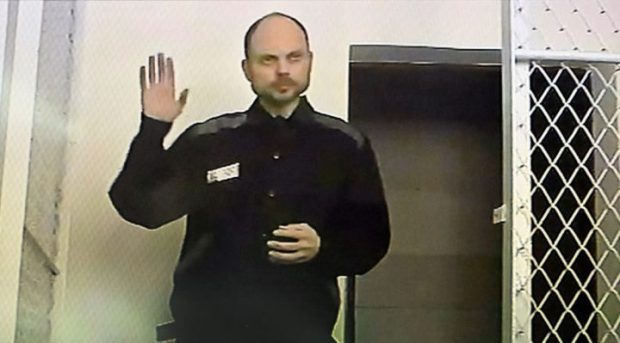For 25 years, Melvyn Bragg and his guests on Radio 4’s In Our Time have discussed most things from antimatter to Zoroastrianism. Their conversations have attracted a live audience of two million, and provide the BBC’s most-listened-to weekly podcast.
At 9 a.m. today, In Our Time will broadcast its one thousandth episode. How has the BBC’s flagship intellectual programme achieved such success and longevity? By doing something the corporation rarely does: respect listeners’ intelligence.
In Our Time’s success should be a lesson to broadcasters to stop dumbing down
Across the BBC, there seems to have been a fiat not to commission anything that might be called elitist. The Today Programme is a watery version of its former self and lacks political clout. Glance at the BBC news website or app and you will find vapid stories and typos. One used to be able to rely on BBC 4, but the channel has become a retirement home for repeats of arts documentaries, Michael Portillo’s Great British Railway Journeys, and Some Mothers Do ‘Ave ‘Em. The corporation founded to inform, educate, and entertain neglects the middle part of its mission.
In Our Time stands out precisely because it is not of our time. It could have been broadcast in 1922. It approaches culture and ideas in the manner of Matthew Arnold, who argued that we should learn about ‘the best that has been thought and said’. Even the most cultivated listener learns aplenty. Okay, so you know about the Ming Voyages. But what about Lysenkoism? The Graviton? The Abbasid Caliphs? In Our Time is a free, world-class education.
The programme began in 1998 and, over the thousand episodes, Bragg and the production team have fine-tuned their method. The episodes in the first two and a half series – when the BBC regarded In Our Time merely as a way to fill the 9am ‘death slot’ – lasted only thirty minutes. The discussions were very good, but their scope was often too large. Try doing justice to the Renaissance in half an hour.
Since 2000, In Our Time has run for 40 minutes. And since 2016, it has included an extra eight minutes of ‘bonus material’ available to listeners of its immensely popular podcast. At the same time, the subject matter has become more focused. Whereas the broad remit of some of the earlier broadcasts (for example on a nebulous topic like ‘the aristocracy’) could lead to professorial waffle, the best episodes are more recent and more specific: Judith beheading Holofernes, The Eye, Antigone.
These days Bragg has to do less corralling of his guests, probably because In Our Time invites more female professors. The professor of ancient history Angie Hobbs and the astronomer Carolin Crawford are stalwarts, and the recent episode on Thomas Mann’s novella Death in Venice introduced the brilliant young scholar Karolina Watroba. In Our Time has diversified without fanfare, and the programmes are getting even better.
Still, it is Bragg, now 83, who is synonymous with In Our Time. Nowadays, Bragg is personable, even charming, and likely to end a programme by saying: ‘Well, thank you very much. That was terrific.’
’Twas not always so. In the middle of the last decade Bragg went through an officious phase, regularly interrupting his guests. This made it all the more amusing when he made a gaffe, such as in the 2015 programme on utilitarianism, when he seemed to think that Jeremy Bentham’s felicific calculus was a physical object, the kind of thing you might buy in a WH Smith: ‘If he could work it out on his calculator? … Does this calculator of his still exist? … I just got intrigued by this calculator, I’d quite like to have one.’
Bragg maintains several excellent rules, such as banning contributors from promoting their books, and staying away from current affairs. In 2018, one of his guests discussing The Iliad compared ancient Greek politics to Theresa May’s government. Bragg interjected: ‘That won’t do. “Never knowingly relevant” is one of our mottos.’ Quite right. It might be called In Our Time, but avoiding relevance is part of what makes the programme timeless.
In Our Time is not a lecture, nor is it a post-graduate seminar. It is a conversation, with Bragg as the listener’s surrogate. The audience figures for such highbrow content tell us that the public isn’t as plebeian as the patricians usually think. In Our Time’s success should be a lesson to broadcasters to stop dumbing down. A thousand episodes in, it’s still the best thing on the BBC.
Got something to add? Join the discussion and comment below.
Get 10 issues for just $10
Subscribe to The Spectator Australia today for the next 10 magazine issues, plus full online access, for just $10.




















Comments
Don't miss out
Join the conversation with other Spectator Australia readers. Subscribe to leave a comment.
SUBSCRIBEAlready a subscriber? Log in